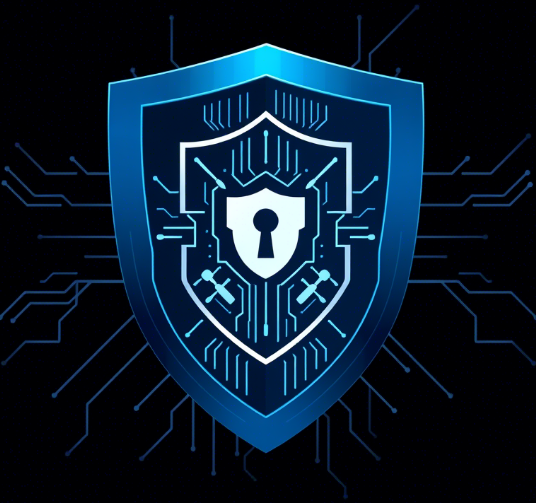In today’s digital age, the internet has become an integral part of our daily lives, providing access to information, communication, and entertainment. However, it is essential to be mindful of potential risks and threats that exist in the online world. Safe internet browsing practices are crucial to ensure a secure and protected online experience. By implementing proper precautions, individuals can safeguard their personal information, protect their devices from malware, and mitigate the risk of falling victim to online scams or cyberattacks.
safe internet browsing practices are vital for individuals to protect themselves from online threats and ensure a secure online experience. By using secure browsing protocols, managing cookies and tracking, enabling the Do Not Track setting, utilizing VPNs, exercising caution with downloads and attachments, and regularly updating software, individuals can significantly reduce the risk of falling victim to cybercrimes. By prioritizing online safety, individuals can enjoy a secure and enjoyable internet browsing experience.
One important aspect of safe internet browsing is using secure browsing protocols. Secure websites employ HTTPS (Hypertext Transfer Protocol Secure), which encrypts the data transmitted between your device and the website, reducing the risk of interception by malicious actors. By ensuring the presence of the padlock icon and “https” in the website’s URL, you can verify that you are on a secure website and protect your sensitive information.
Managing cookies and tracking is another vital practice. Cookies are files stored by websites on your device to remember your preferences and improve your user experience. However, some cookies can track your online activities. To limit tracking, review and manage your cookie settings in your web browser. You can block or limit third-party cookies, thereby reducing the amount of information shared with advertisers and other entities.
To enhance privacy, enable the Do Not Track (DNT) setting in your web browser. This setting requests that websites refrain from tracking your online activities. Although compliance with DNT requests is voluntary for websites, enabling this setting expresses your preference for privacy and can help reduce online tracking.
Using a Virtual Private Network (VPN) is an effective measure to ensure secure internet browsing. VPNs create a secure connection between your device and the internet, encrypting your data and hiding your IP address. This is particularly useful when accessing public Wi-Fi networks, as VPNs protect your information from potential eavesdropping and enhance your anonymity online.
When downloading files or opening email attachments, exercise caution to prevent malware infections. Only download files from trusted sources and scan attachments with reliable antivirus software before opening them. This practice reduces the risk of inadvertently downloading malicious files that can compromise your device’s security.
Regularly updating software and security patches is crucial for maintaining a secure browsing environment. Software updates often include fixes for vulnerabilities that cybercriminals could exploit. Make sure your operating system, web browser, antivirus software, and other applications are up to date to protect against known security flaws.

Leave a Reply